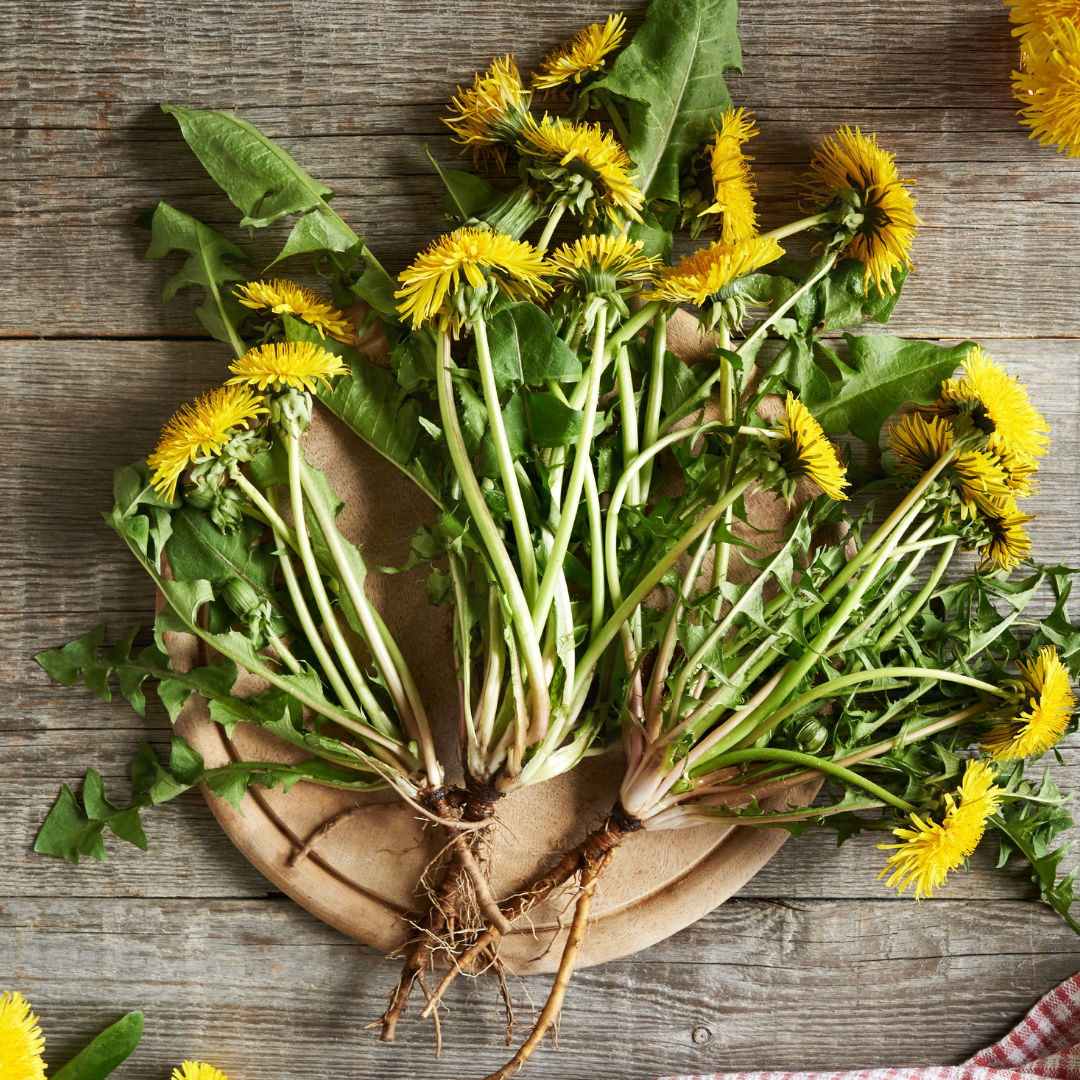
Dandelion
Scientific Name: Taraxacum officinale
Common Name: Dandelion
All parts of the dandelion are edible and can be used for various health benefits, so we've broken each part of the plant out for greater clarity.
Dandelion Root:
Health Benefits:
- Liver Health: Primarily used to stimulate bile production and support liver detoxification.
- Digestive Health: Acts as a mild laxative and improves digestion by stimulating enzymes.
- Blood Sugar Support: Contains inulin, a prebiotic fiber that helps regulate blood sugar and supports gut bacteria.
Active Compounds:
- Inulin: A prebiotic fiber promoting gut health.
- Taraxacin: Supports bile production and liver function.
Safety Information:
- May have stronger effects on digestion and blood sugar regulation due to its inulin content.
- Consult a healthcare provider if using for specific digestive or metabolic conditions.
Dandelion Leaves:
Health Benefits:
- Diuretic Properties: Encourages water elimination through urination, reducing bloating and maintaining kidney health.
- Heart Health: Rich in potassium, dandelion leaves help regulate blood pressure and electrolyte balance.
- Nutritional Support: High in vitamins and minerals, particularly Vitamin A, Vitamin K, and Potassium.
Active Compounds:
- Potassium: Essential for maintaining healthy blood pressure and fluid balance.
- Flavonoids: Antioxidants that reduce oxidative stress.
Safety Information:
- High in potassium, which may affect individuals on diuretics or potassium-restricted diets.
- May act as a stronger diuretic compared to other parts.
Dandelion Flowers:
Health Benefits:
- Antioxidant Rich: The flowers contain polyphenols and flavonoids that combat oxidative stress.
- Skin Health: Often used in herbal remedies for skin conditions, promoting healing and reducing inflammation.
Active Compounds:
- Flavonoids: Protect cells from free radical damage.
- Polyphenols: Contribute to anti-inflammatory and skin-supportive properties.
Safety Information:
- Typically gentler and less likely to interact with medications.
- Mostly used for antioxidant and skin health purposes.
For All Parts of the Dandelion:
Allergic Reactions:
- Dandelion is part of the daisy family (Asteraceae); avoid if allergic to plants like ragweed, daisies, or marigolds.
Usage Guidelines:
- Safe when consumed as a tea or food ingredient.
- Consult a healthcare provider if pregnant, nursing, or taking medications, especially diuretics or anticoagulants.
Fun Fact:
Dandelion leaves were historically used in salads and soups, while the roots were roasted as a coffee substitute!
Note:
This information is for educational purposes only and is not intended to replace medical advice. Always consult with a healthcare professional before using herbal products, especially if you are pregnant, nursing, or taking any medications.



